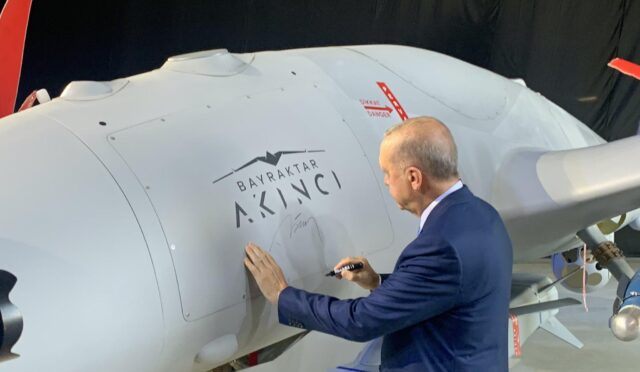Zelensky’s Push for a Peace Deal with Europe
Ukrainian President Volodymyr Zelensky announced on Monday his intention to collaborate with European leaders to outline a framework for a potential peace deal to be presented to the United States. This declaration followed a crucial summit in London, where 18 allied nations committed to enhancing security expenditures and forming a coalition to uphold any ceasefire agreements in Ukraine. The discussions came at a pivotal moment for Ukraine, which is facing uncertain support from the US while defending against Russia’s ongoing invasion.
Zelensky’s remarks come in the wake of recent criticisms from US President Donald Trump, who raised concerns about pressuring Kyiv into a peace agreement that might favor Russian President Vladimir Putin. Despite this, European leaders reaffirmed their support for Ukraine, with Zelensky emphasizing that the summit had cemented their collective commitment to pursuing peace and stability in the region.
A Unified European Strategy for Peace
In a statement on Telegram, Zelensky stressed the urgent need for peace, declaring, “We need peace, not endless war.” He indicated that European leaders would soon collectively determine their positions regarding the peace negotiations, outlining both achievable goals and non-negotiable terms to present to their US counterparts. UK Prime Minister Keir Starmer echoed this sentiment, stating that Britain and France would work alongside Ukraine to develop a strategy aimed at halting hostilities, which they would then communicate to Washington.
French President Emmanuel Macron, speaking to Le Figaro after the summit, revealed that France and Britain are considering proposing a partial truce lasting one month, focusing specifically on air, sea, and energy infrastructure, while excluding ground combat. Both Starmer and Macron expressed readiness to deploy British and French troops to Ukraine to help maintain any ceasefire agreement.
Europe’s Responsibility Amid Uncertainty
With the future of US involvement in the conflict uncertain, Starmer stated that Europe must take charge of the situation, emphasizing, “Europe must do the heavy lifting.” Macron also highlighted the challenges of enforcing a potential truce due to the extensive front lines, clarifying that peacekeepers would be introduced at a later stage and asserting that European troops would not be deployed to Ukraine in the immediate future.
In light of shifting US priorities, Macron proposed that European nations should boost their defense spending to between 3.0 and 3.5 percent of their GDP. This recommendation aims to bolster Europe’s military readiness in response to both the evolving security landscape and Russia’s escalating militarization.
Trump’s Position on Peace Negotiations
Recently reinstated, Trump has taken on a mediator role between Putin and Zelensky, though his approach has often marginalized Kyiv and its European allies. During a meeting at the White House, Trump critiqued Zelensky for not expressing sufficient gratitude for US support and questioned his readiness for peace with Russia. Starmer, who had met with Trump prior to the summit, defended the reliability of the United States as an ally, asserting that any agreement would require strong US backing to succeed.
Following the leaders’ discussions, European Commission President Ursula von der Leyen stressed the urgent need for Europe to rearm in anticipation of potential escalations. Polish Prime Minister Donald Tusk urged both the US and Europe to convey a united front to Putin, demonstrating that the West would not yield to his tactics of intimidation and aggression.
Internal US Politics Affecting Ukraine’s Future
Trump’s Republican party has largely embraced his narrative regarding the Ukraine conflict, with some senior officials suggesting that Zelensky should step down to facilitate negotiations. Mike Waltz, Trump’s national security adviser, remarked, “We need a leader that can deal with us, eventually deal with the Russians, and end this war.” US House Speaker Mike Johnson echoed this sentiment, stating that Zelensky either needs to “come to his senses” or allow someone else to lead Ukraine.
In response to the ongoing pressures, Zelensky has indicated a willingness to resign if it leads to Ukraine’s NATO membership—a goal that Trump has dismissed. Zelensky articulated his commitment to aligning Ukraine’s interests with those of Washington, expressing readiness to engage in discussions about a mineral deal sought by Trump, stating, “I am ready to engage in any kind of constructive format in relations with the US.”







